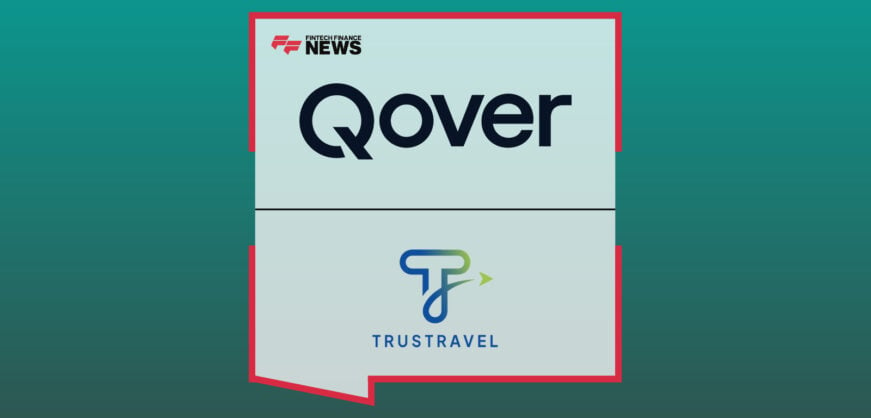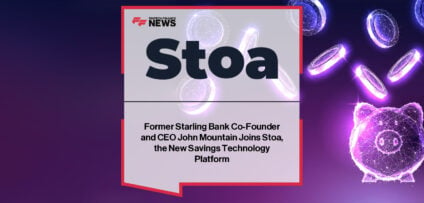Breaking News

Turn your documents into data to drive true cultural change
 by Karina Vazirova, Head of product & implementations at ClauseMatch
by Karina Vazirova, Head of product & implementations at ClauseMatch
Upgrading your compliance function will increase and sharpen your competitive advantage.
If that seems unlikely, it’s because compliance is currently seen as a burden – an internally-facing tactical necessity whose purpose is largely to avoid or limit fines.
However, for the most progressive banks, compliance has shifted from a ‘back-end’ organisational discipline to a key strategic function at the heart of their operations.
Hundreds of billions of dollars worth of fines are paid in fines by global banks for poor compliance. In the past this has almost come to be regarded as the cost of doing business.
Instead it’s a problem that can and should be solved. Compliance, with its direct effect on every line of the business, can be a strategic driver of culture change rather than a lag on progress. To embrace that shift though requires a new perspective on internal compliance culture across your organisation.
Rather than seeing compliance as reactive and a department interested only in damage limitation, leading banks are arming their employees with a new attitude towards compliance and the digital tools to proactively protect and impact their organisation’s commercial interests.
Technology is at the heart of the change. Regulators such as the FCA have started to use technology to read documents for the sake of greater transparency, speed and accuracy. Others are now following the same example and introducing the use of smart contracts and machine readable documents. Policies and procedures are becoming instrumental to the organisation and integrated into business processes; intelligent instruments as opposed to static documents waiting on the shelf for the next audit or being duplicated several times across teams.
The power of AI is driving the next wave of transformation to business processes across the organisation but has not yet been fully realised in compliance where the document and text-heavy management of constantly increasing regulation is a risk. In a changing world where businesses must balance speed and efficiency with transparency, trust and best-practice, the value of AI’s twin benefits of automation and continuous learning become obvious.
Employee motivation is one of the net benefits of such a shift. The day to day tasks associated with compliance are moving from often mundane and laborious, to active, strategic and purpose-driven. The introduction of AI does not, as feared by some, simply mean a reduction in headcount as people-powered tasks are automated, instead AI gives those same people the opportunity to make better and more informed decisions.
A culture of compliance is more valuable to your bottom line than it may at first be considered. When policies are accessible and compliance with the policies is integrated and transparent across the organisation, they become a resource of valuable knowledge and action.
When technology and automation is employed to eradicate the need for people to perform low-level tasks, organisations recognise that compliance is wasted when focused on administrative chores. Instead it starts to solve real business problems rather than just ones on paper.
Motivated employees, empowered with automated tools and systems that help reduce human error and create more time to be proactive is a culture that brings true competitive edge and is therefore worth fighting for.
- Trust Travel, a TUI Brand, Partners With Qover to Deliver Seamless Travel Protection at Booking Read more
- New Partnership Introduces First-of-its-Kind Model To Democratise Olympic Sailing Read more
- Offa Outpaces High Street Banks on Speed With Islamic Mortgage Launch Read more
- Engine by Starling Enters Fourth Global Market With New Zealand’s SBS Bank Read more
- New Visa Study Shows 9 out of 10 Ukrainians Want Their Payments to be Protected by Biometrics Read more









